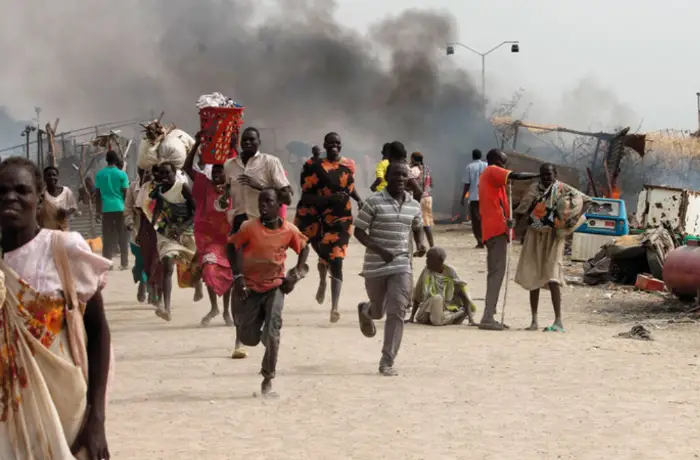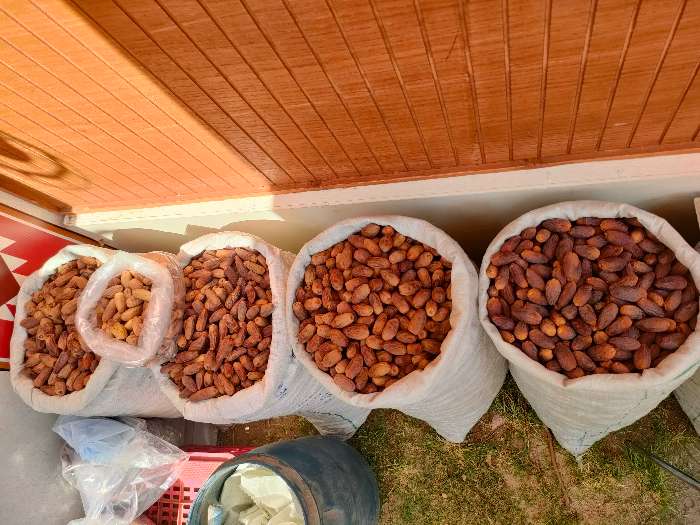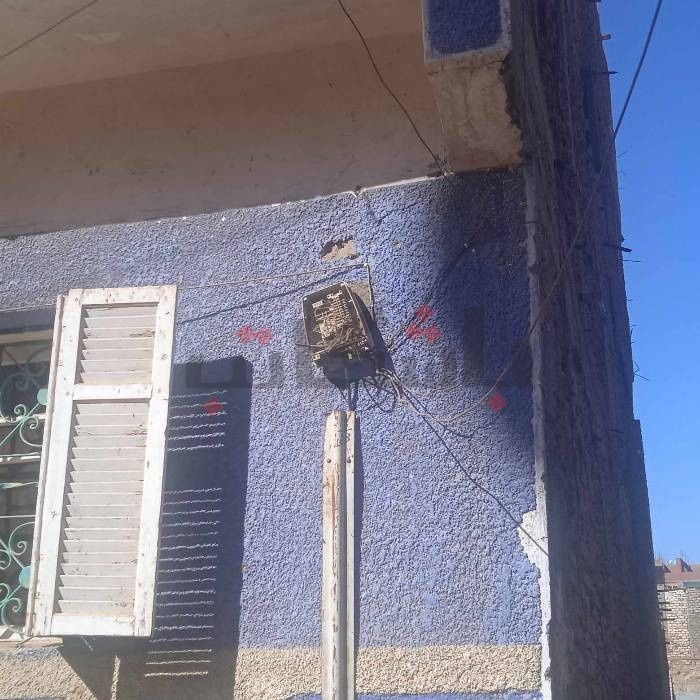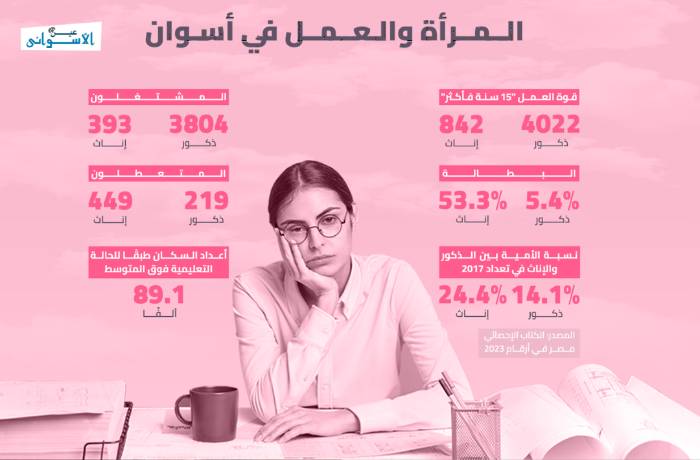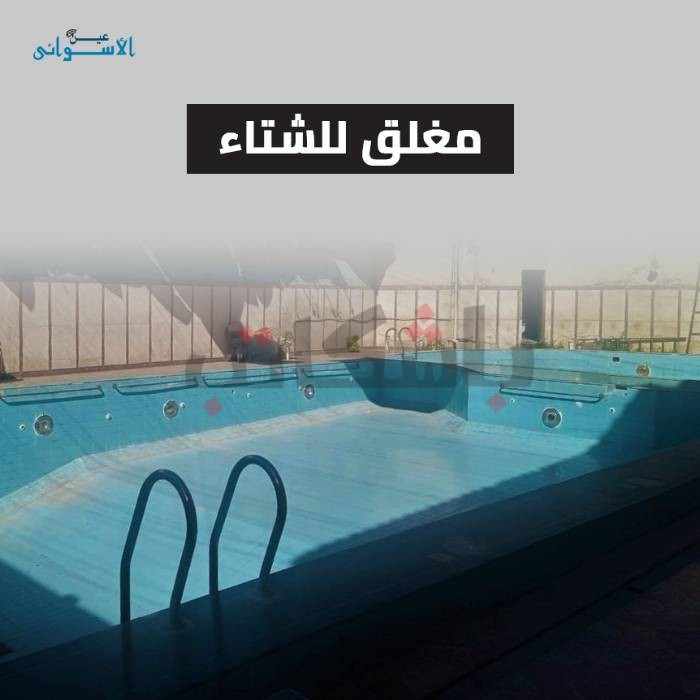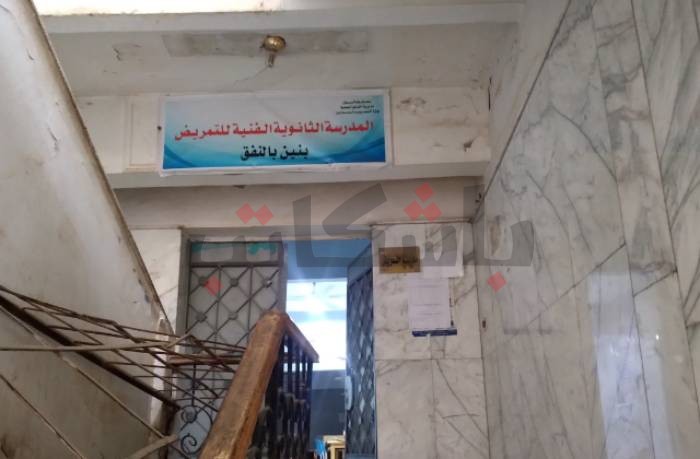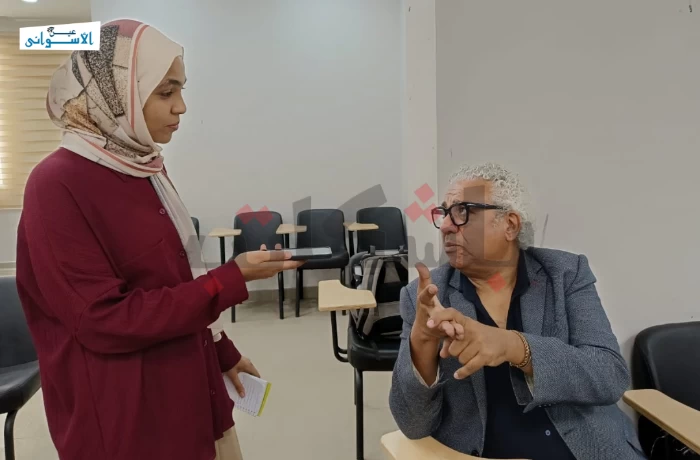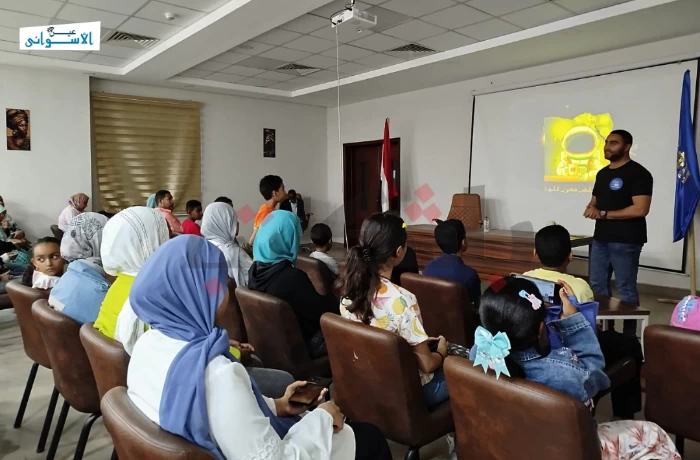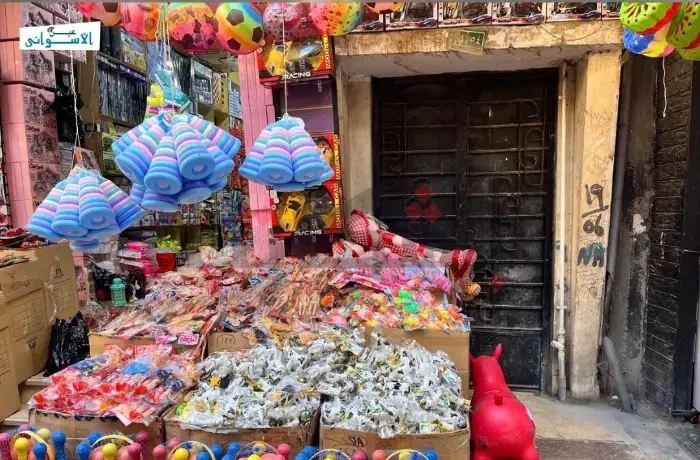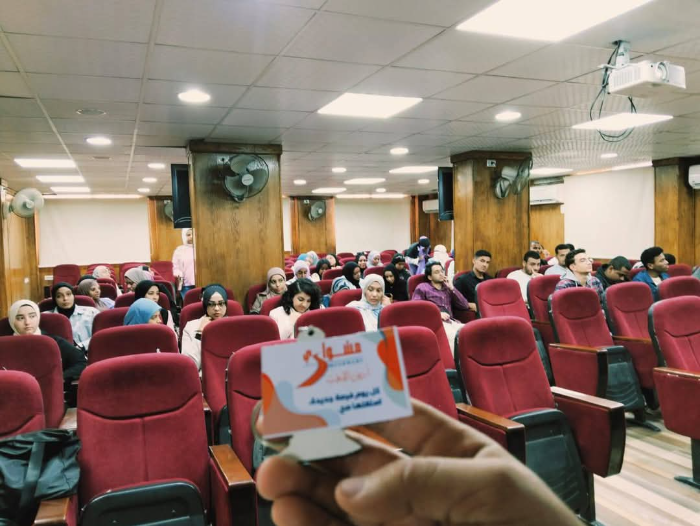Hanaa Nasser, a Sudanese, was forced out of her homeland. She managed to leave Sudan through Argeen Border Crossing in May 2023, along with her children and uncle.
By that time, a month had passed since mid-April, marking the start of the armed conflict in Khartoum between the Sudanese army, led by Abdel Fattah Al-Burhan, and the Rapid Support Forces, commanded by Mohamed Hamdan Dagalo (Hemedti).
The non-stop fighting and its brutality since the first day, forced Hanaa and other Sudanese to displace far away from the conflict areas, which are centred in the capital, Khartoum, and cities like Omdurman and Bahari, reaching later on the West Kordofan State and Wad Madani.
Hanaa fled to Egypt, seeking refuge for herself and children, planning that her relatives would follow her later. She didn’t expect that the fight would continue, approaching 11 months now, keeping her away from her home, “when I left through Argeen crossing I expected my relatives would follow me, yet they’re still there until now, they moved from Khartoum to a safer place in the south, waiting to obtain an entry visa to Egypt.”
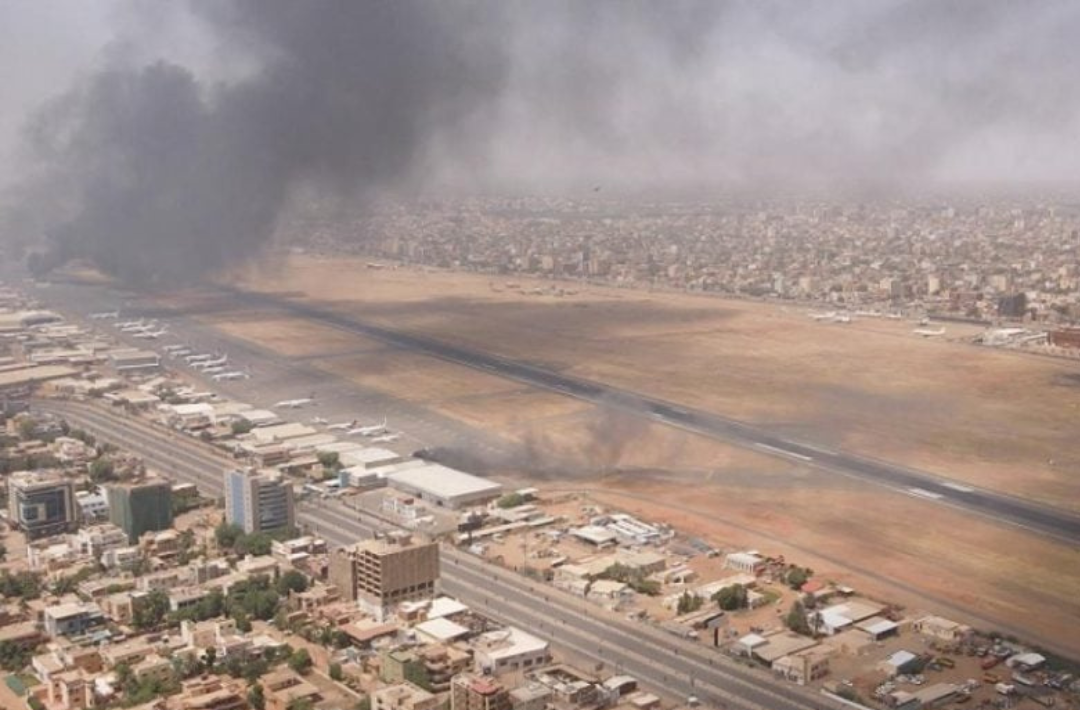
Hanaa is at her wits end; although her children are safe with her in Egypt, her relatives are still in Sudan enduring the brutal war. They might be in a safe area for now, but there’s no telling if the conflict will spread to them.
“The conflict continues, there is no clear information about the safe and dangerous areas, there is no stability or security, communication networks are unstable, and there are power outages and epidemics,” Hanaa told Ain Al-Aswani.
Hanaa is deeply concerned about her diabetic mother, who also suffers from hypertension. Her mother struggles to find her medication because, according to Hanaa, the Rapid Support Forces are looting food and medical supplies in the area, “we’re trying to transfer money through banks or instant payment apps so that our relatives can purchase what they need. It costs more than 150 Sudanese pounds just to travel from one place to another.”
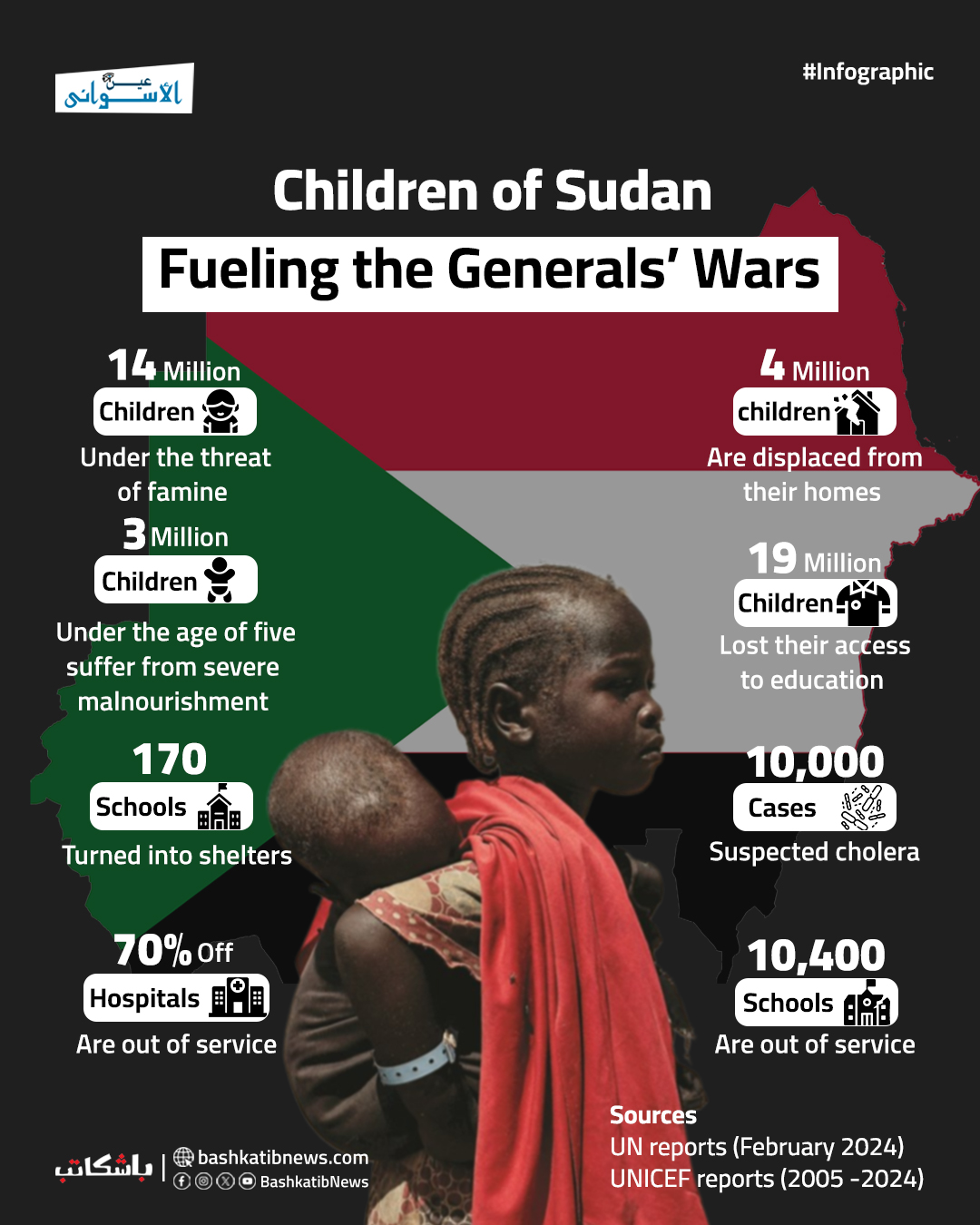
According to the United Nations Office for the Coordination of Humanitarian Affairs latest reports, the number of the displaced by the conflict in Sudan since mid-April inside and outside Sudan has reached 8.1 million people. The displaced inside Sudan reside in 6,709 sites in the whole 18 Sudanese states, especially in South Darfur states and the Nile River, East Darfur and the White Nile, North Darfur, Northern State, and Sennar.
According to the report, issued on 15th February 2024, 1.6 million Sudanese fled the country to nearby countries, the vast majority of them (57%) are from the capital, Khartoum.
Amira Omran, who used to be a journalist before the war, left the capital during May 2023, along with her children and siblings. However, her husband couldn’t join them because he was unable to secure an entry visa.
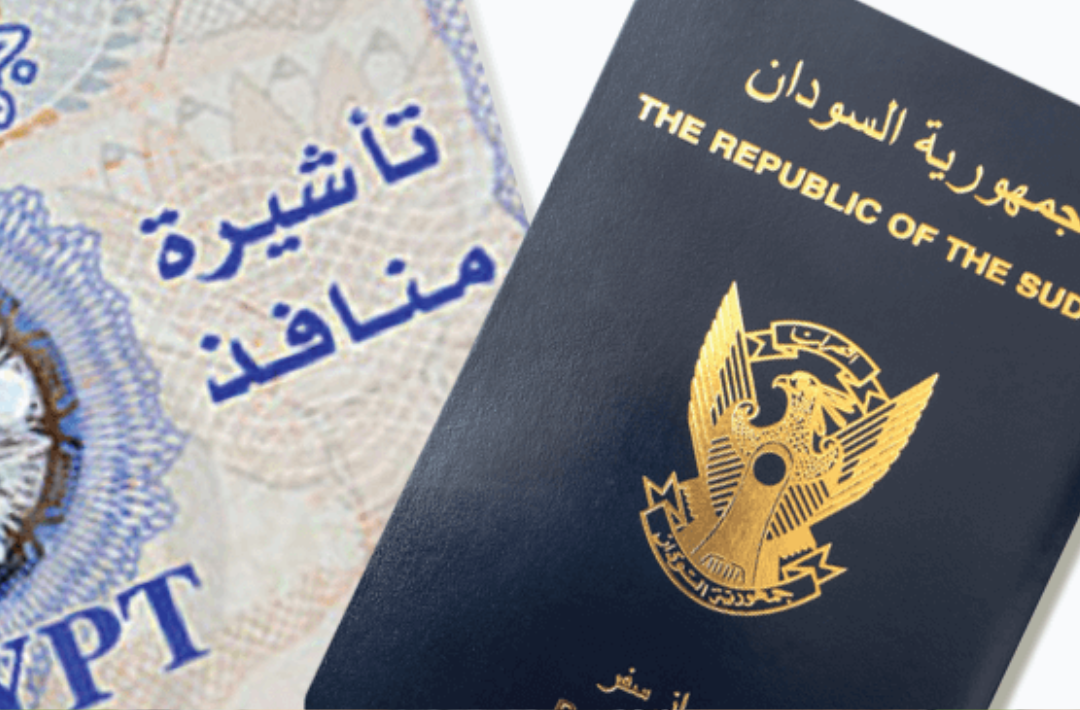
“Safety is costly and uncertain. Many families, still waiting for visas, decided to return to Khartoum. They sent a group to assess the safety of the area, leaving the women outside the city. However, as soon as they entered their homes, the Rapid Support Forces attacked and expelled them,” said Amira.
She explained that some people are fleeing to areas far from RSF control, risking attacks, death, and assaults on women. Others are unable to obtain visas from travel agencies that exploit their desperation, charging 350,000 Sudanese pounds. Some resort to crossing borders illegally, “nothing is certain and information is scarce,” added Amira.
Since the beginning of the conflict, numerous human rights and international reports have highlighted an increase in the risks of violence and assaults against women in conflict zones.
In its report issued on 26th February, 2023, the United Nations Human Rights Office documented that by 15th Decembre, 2023, at least 118 people had been victims of sexual violence, including rape, based on interviews with over 300 victims and witnesses.
Last August, Human Rights Watch reported documenting 78 cases of rape by the Rapid Support Forces and its allied militias in Sudan, in Geneina, the capital of West Darfur State, and cases among those who fled to Chad between late April and late June 2023.
The report indicates that those women were targeted due to their Masalit ethnicity, and some women for being known activists.
In November, a statement from the United Nations, delivered by Liz Throssell, spokesperson for the UN High Commissioner for Human Rights, reported that, “the Joint Human Rights Office in Sudan had received credible accounts of over 50 incidents of sexual violence linked to the conflict. These incidents affected at least 105 victims, including 86 women, one man, and 18 children, and included 23 rapes, 26 gang rapes, and three attempted rapes.”
Among the office’s documented reports, revealed in their statement, information about women being abducted and detained under conditions described as “inhuman and degrading, akin to slavery.” Women are “forced into marriage and held for ransom,” and women and girls have been observed “chained and transported in pick-up trucks and cars.”
Shereen Mohamed, a volunteer in Asheqaa (Siblings) Initiative for supporting the Sudanese, said “before, we used to receive between 6 to 7 buses through the borders, but now, we receive about a bus or two, as visas are no longer easy to obtain.”
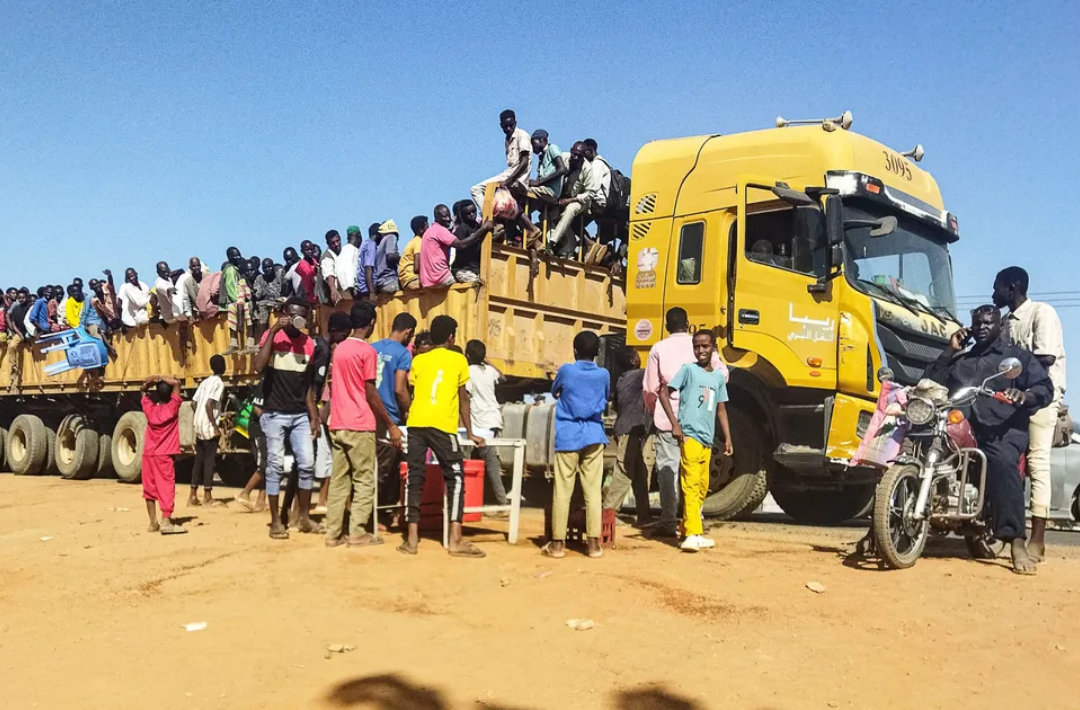
The initiative, launched last April, involves Sudanese volunteers in Aswan who are supporting displaced people from Sudan.
“To escape the clashes, some people resort to crossing the border through smuggling. We frequently receive lists of displaced individuals who were arrested while crossing, the most recent being 20 children and their mothers. Through the initiative, we are working to provide food, medicine, and blankets to the displaced, particularly those who have been arrested,” added Shereen.
In fact, the Sudanese have to safe alternative but to leave as they are continuously at risk, for according to the latest Food Security Alert in Sudan, issued by The Famine Early Warning Systems Network (FEWS NET), Sudan is expected to rank the third highest among countries in need, which are monitored by the Famine Early Warning Systems Network in 2024.
According to the Health Resources and Services Availability Monitoring System (HeRAMS) report issued by the UN in January 2024, there is a crisis affecting the continuity of health facilities and the provision of services.
In its latest update, the United Nations Office for the Coordination of Humanitarian Affairs reported that humanitarian needs in Sudan have reached unprecedented levels, with 24.8 million people, or half the population, requiring assistance in 2024. This is an increase of 9 million from 2023. Millions are lacking essential goods and services, including food, water, shelter, healthcare, electricity, education, and nutrition.
A month after the war started, Hossam Abu Bakr decided to flee Khartoum with his family to Aswan. He managed to obtain a visa from the Passport Office in Halaf for free without resorting to travel brokers, whose visa prices ranged from 2,000 to 3,000 USD.
Hossam remains anxious about his family still in Sudan, “My aunt, uncle, and their families couldn’t leave because obtaining a visa takes a long time. They decided to move to safer areas and left Khartoum, with their last destination being Atbara.”
“They’re threatened by the expansion of RSF in the different states, which used to be safer places than Khartoum at the war’s outset. Now, they are trapped inside Sudan and unable to escape as I did,” added Hossam.
